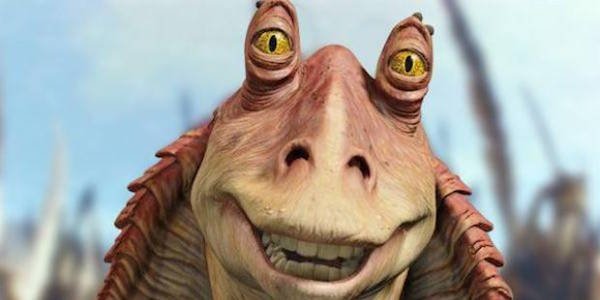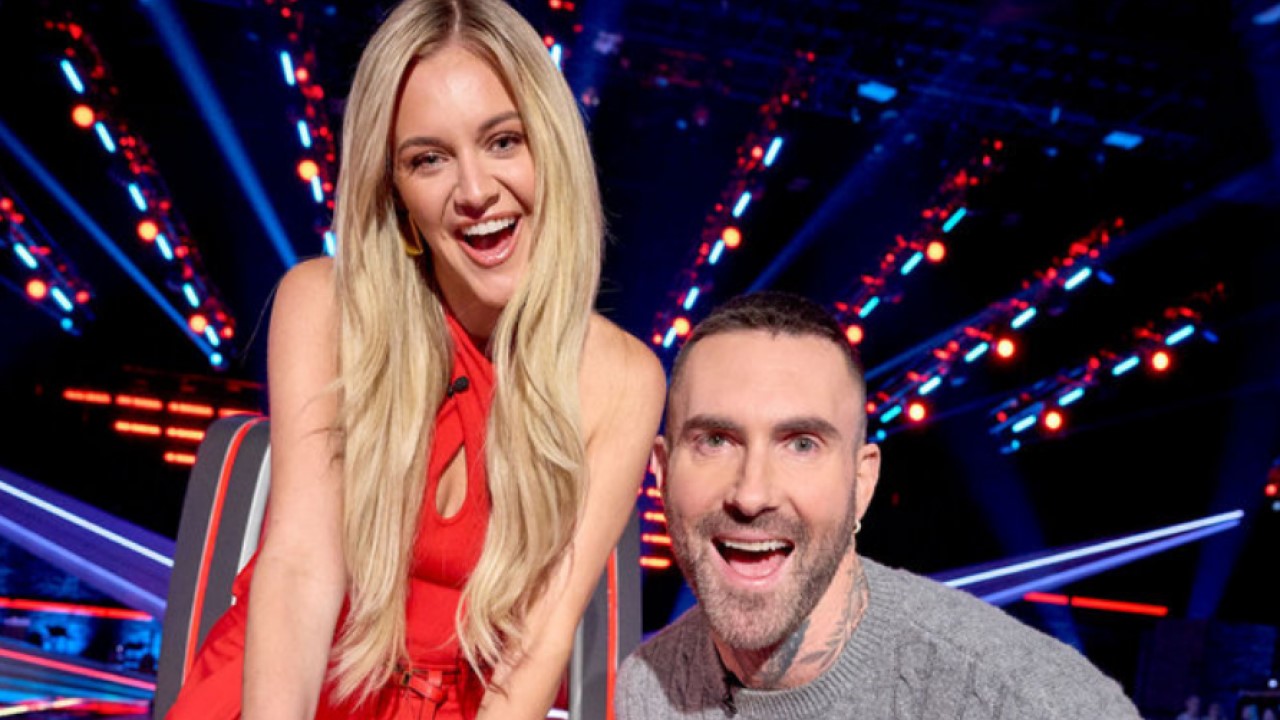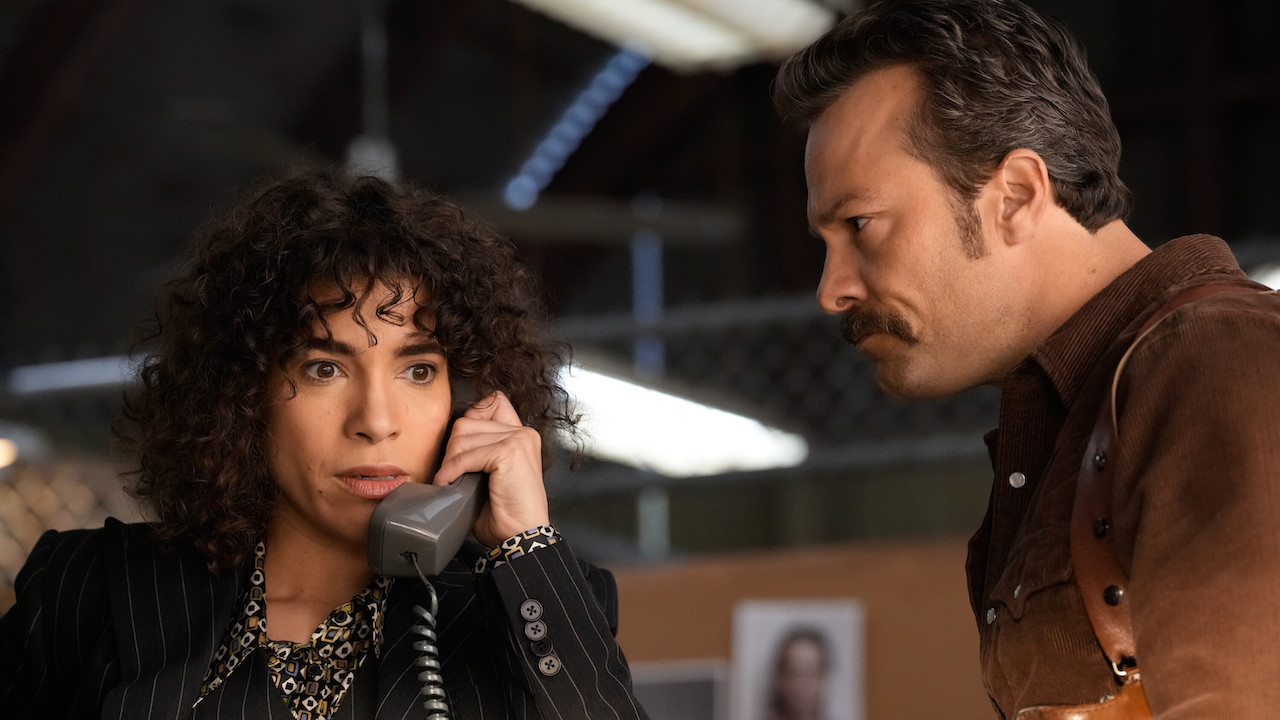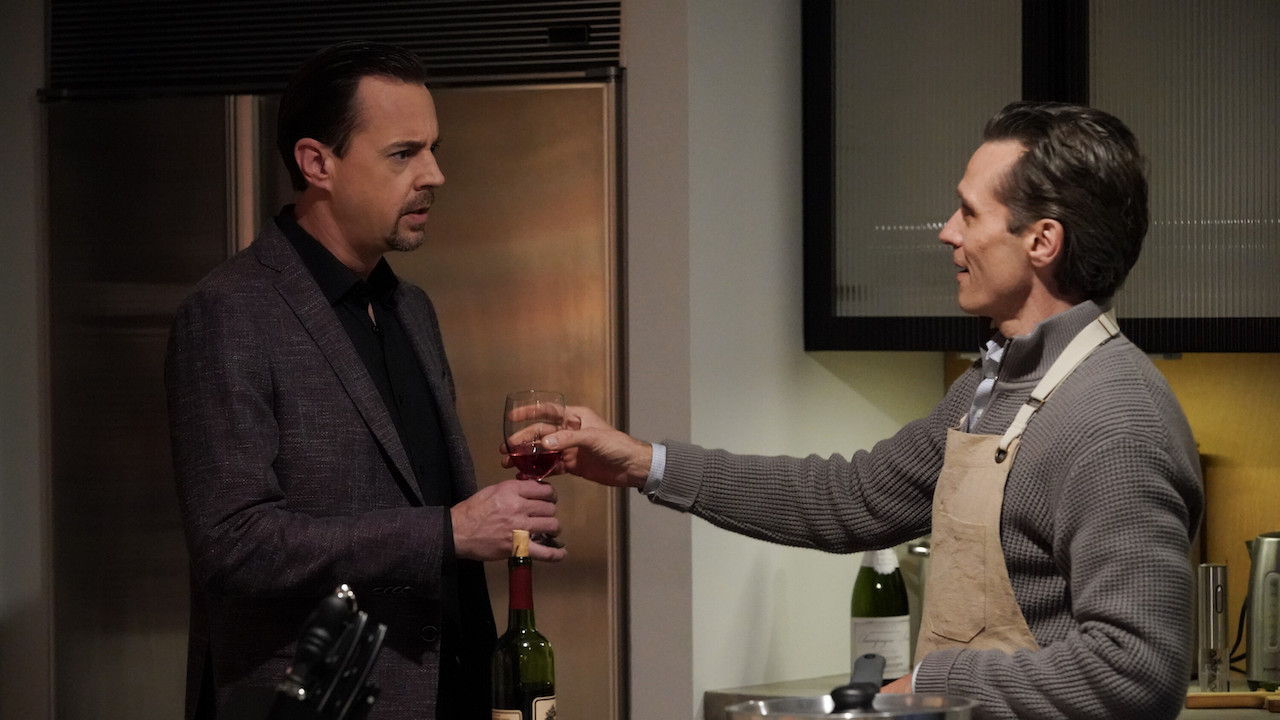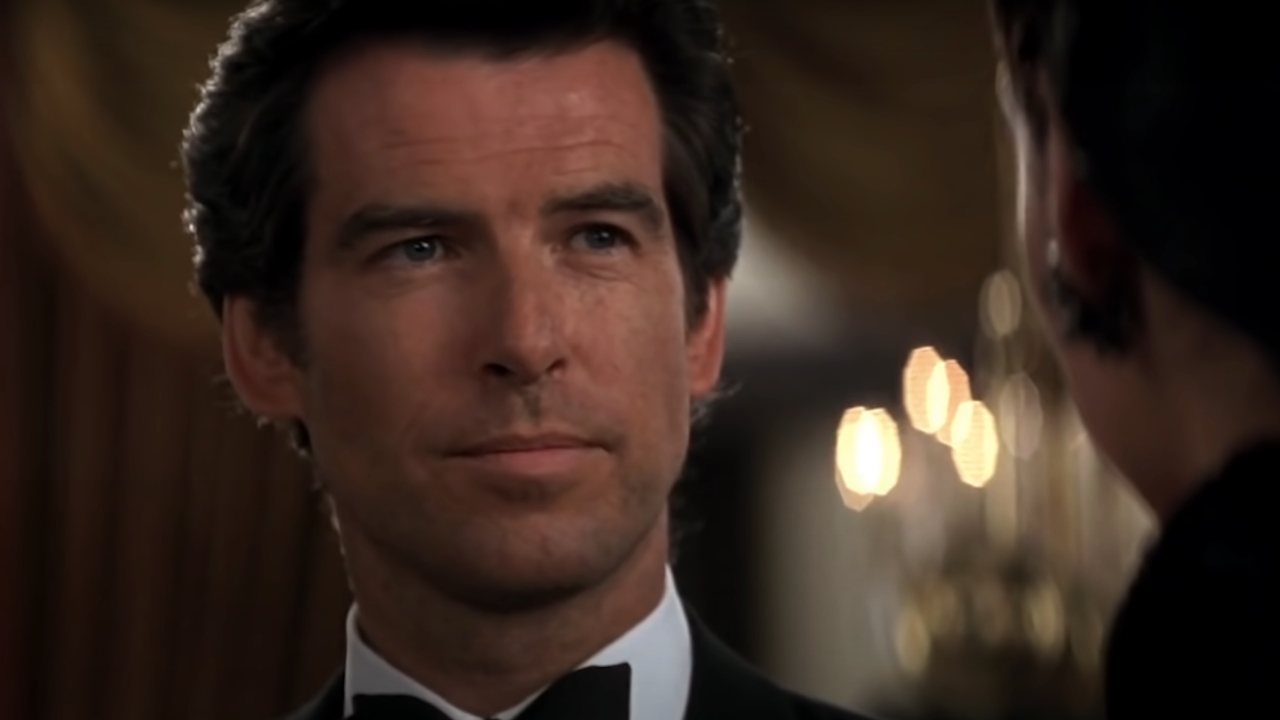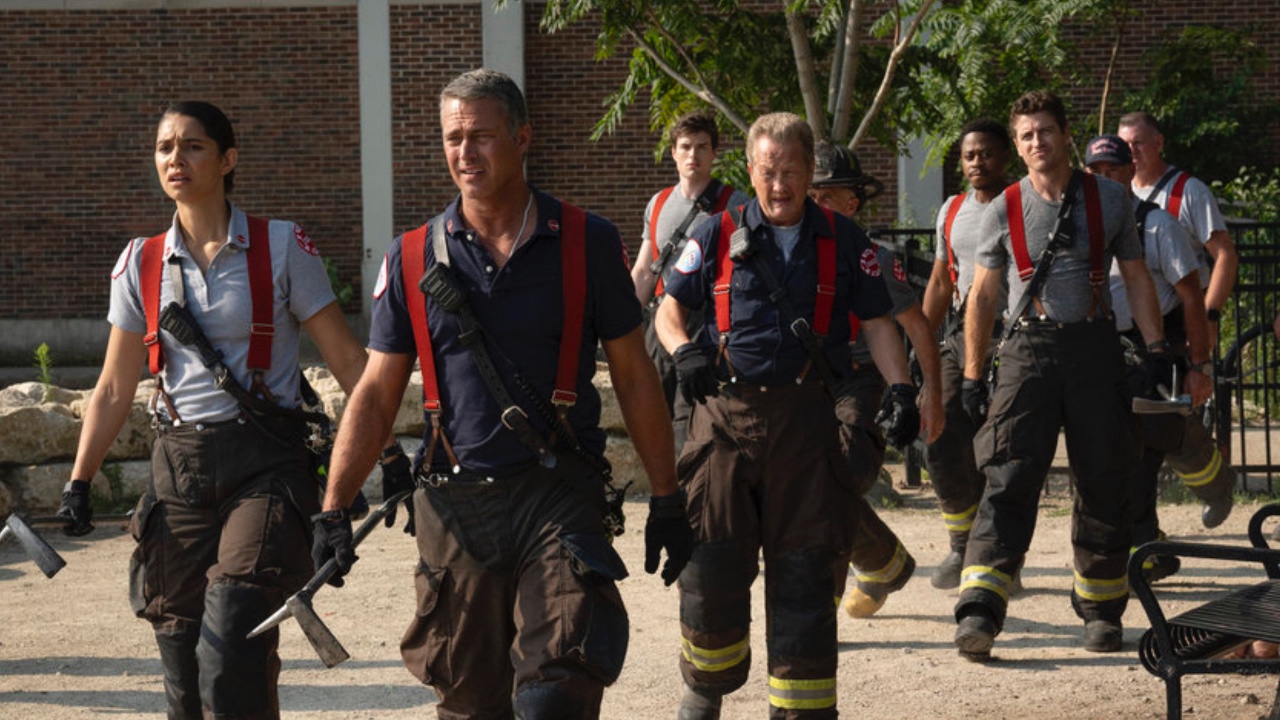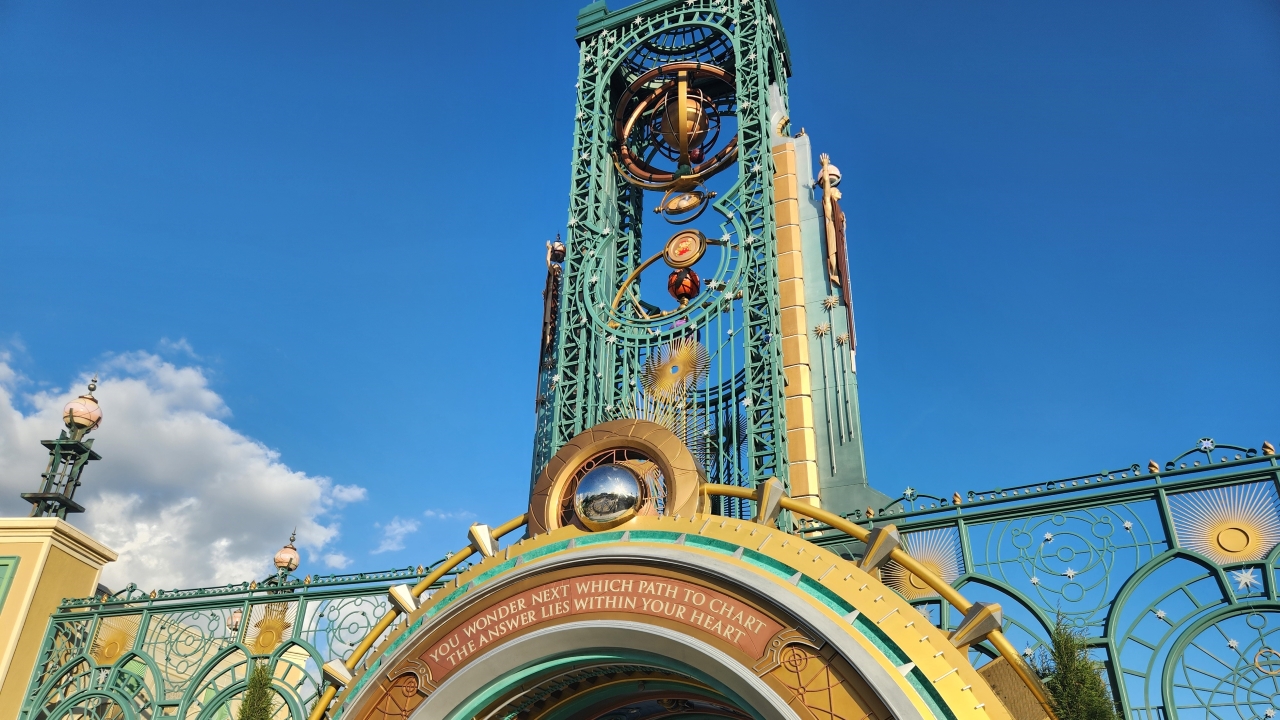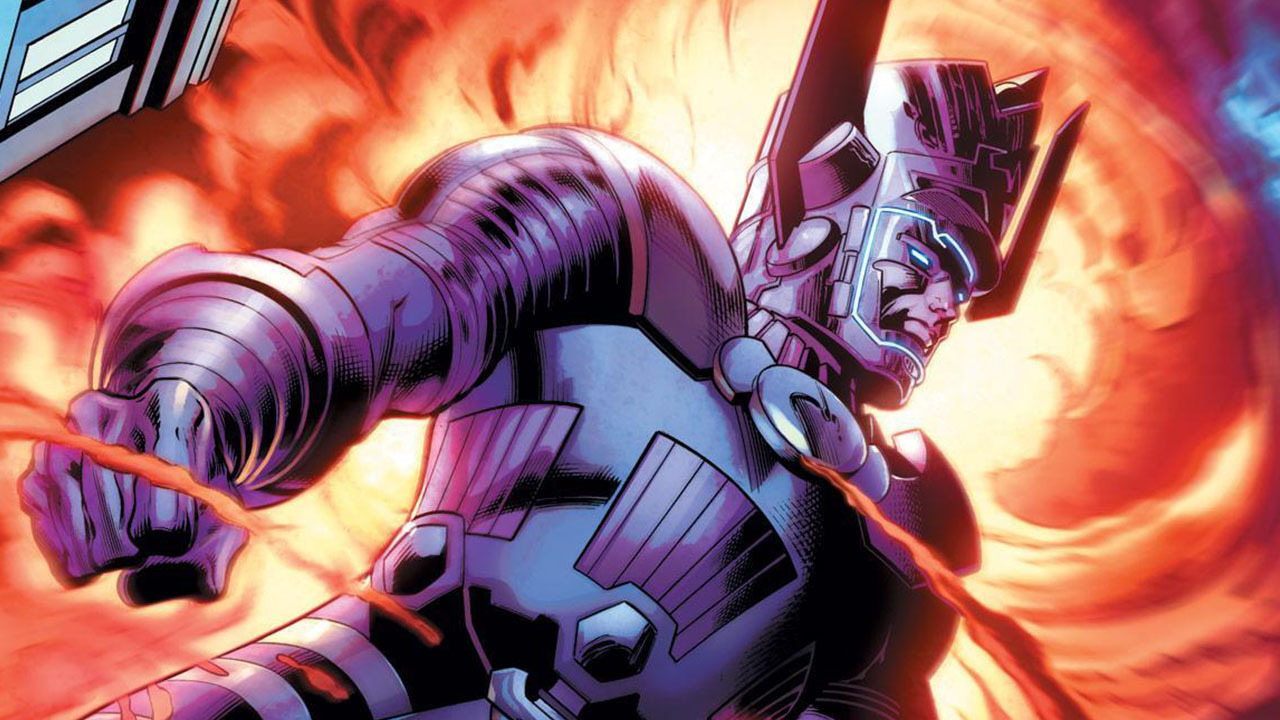Star Wars’ Dave Filoni Loves The Phantom Menace Lightsaber Fight, But Not For The Reason You Think
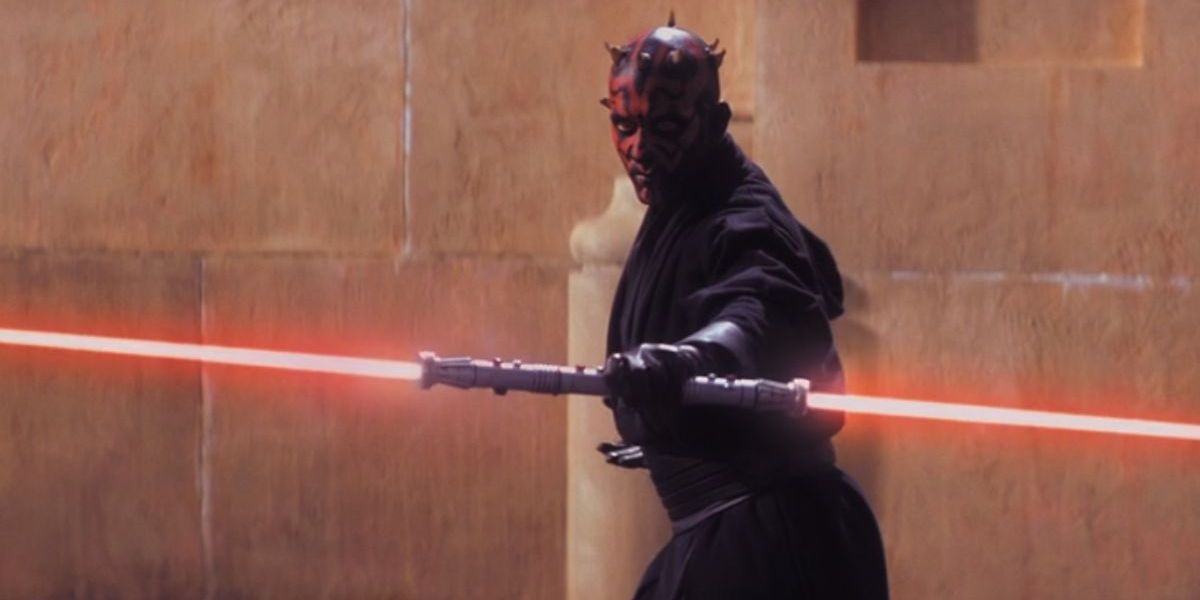
The Star Wars prequels have a pretty rough reputation. Among the generation that grew up in love with Star Wars thanks to the original trilogy, there's a large feeling that the prequels have a lot of problems. That's not to say that they are entirely without redeeming qualities. There are elements of the prequels that many would say are still good, whether that's a particular performance, or an individual scene. While many would seem to have few good things to say about Star Wars: The Phantom Menace, most would have to admit that the final lightsaber battle in the movie is an epic sequence.
There are a number of reasons to love the lightsaber battle between Darth Maul and the Jedi Qui-Gon Jinn and Obi-Wan Kenobi. It's an incredibly well choreographed fight sequence, many would say it's the best sword fight of any Star Wars movie ever. In addition, with "Duel of the Fates," it has one of the most iconic pieces of music in a franchise that has one of the best scores ever written. Even Star Wars: The Clone Wars creator, and walking Star Wars encyclopedia, Dave Filoni loves the scene, but for a very different reason.
In the second episode of Disney Gallery: The Mandalorian, the new look at the making of the first season of the first live-action Star Wars series, Dave Filoni explains that the reason he loves the scene isn't because of what it shows, but because of what it represents. According to Filoni...
I love the lightsaber fight with Darth Maul. Not because it’s a lightsaber fight, but because George is so good at crafting why that fight’s important, every time. The Obi-Wan/Darth Vader fight isn’t like the most wonderfully staged combat that you’re ever going to see but there’s so much at stake. It’s so meaningful when Obi-wan dies that we all feel like Luke. In Phantom Menace, you’re watching two Jedi in their prime fight this evil villain. Maul couldn’t be more obviously the villain. He’s designed to look evil and he is evil. He just expresses that all the way from his face out to the type of lightsaber he fights with. What’s at stake is really how Anakin is going to turn out.
While most of us get lost in the fight scene itself, which, it can't be argued, is amazing, what Dave Filoni sees are the stakes. The Star Wars prequels are about the fall of Anakin Skywalker, and that fall begins, according to Filoni, with the death of Qui-Gon Jinn. If Qui-Gon had won the fight, he could have raised Anakin differently, not quite in the same way as other young Jedi, which Filoni says, Qui-Gon already knows is flawed. If he'd been able to do so perhaps everything comes in the next two films could have been avoided. But with his death, Anakin's fate is sealed. Filoni goes on...
Because Qui-Gon is different than the rest of the Jedi. You get that in the movie and Qui-Gon is fighting because he knows that he’s the father that Anakin needs... So he’s fighting for Anakin. And that’s why it’s the Duel of the Fates. It’s the fate of this child. And depending on how this fight goes, [Anakin’s] life is going to be dramatically different.
When Qui-Gon dies, Anakin's training falls to Obi-Wan, and while Obi-Wan and Anakin become brothers, what Skywalker needed growing up was a father. As with the Darth Vader/Obi-Wan battle in the original film, the emotion in the scene comes from realizing how much is lost when the Jedi falls.
Dave Filoni's take on the Phantom Menace battle isn't necessarily shocking or odd. It's all quite accurate when he explains it, but it's certainly not the first thing most fans consider when thinking about what is objectively the best part of Star Wars: Phantom Menace.
CINEMABLEND NEWSLETTER
Your Daily Blend of Entertainment News
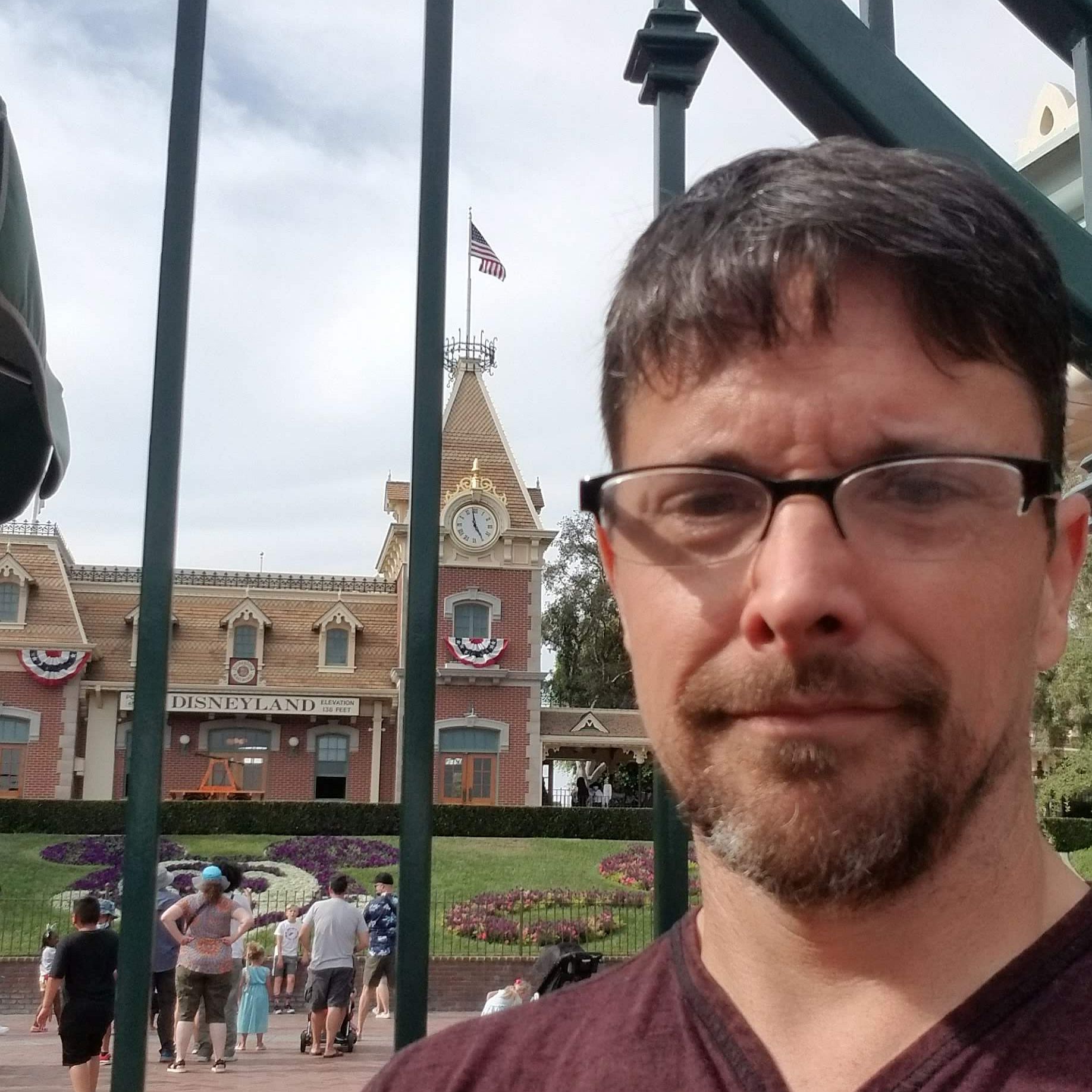
CinemaBlend’s resident theme park junkie and amateur Disney historian, Dirk began writing for CinemaBlend as a freelancer in 2015 before joining the site full-time in 2018. He has previously held positions as a Staff Writer and Games Editor, but has more recently transformed his true passion into his job as the head of the site's Theme Park section. He has previously done freelance work for various gaming and technology sites. Prior to starting his second career as a writer he worked for 12 years in sales for various companies within the consumer electronics industry. He has a degree in political science from the University of California, Davis. Is an armchair Imagineer, Epcot Stan, Future Club 33 Member.
